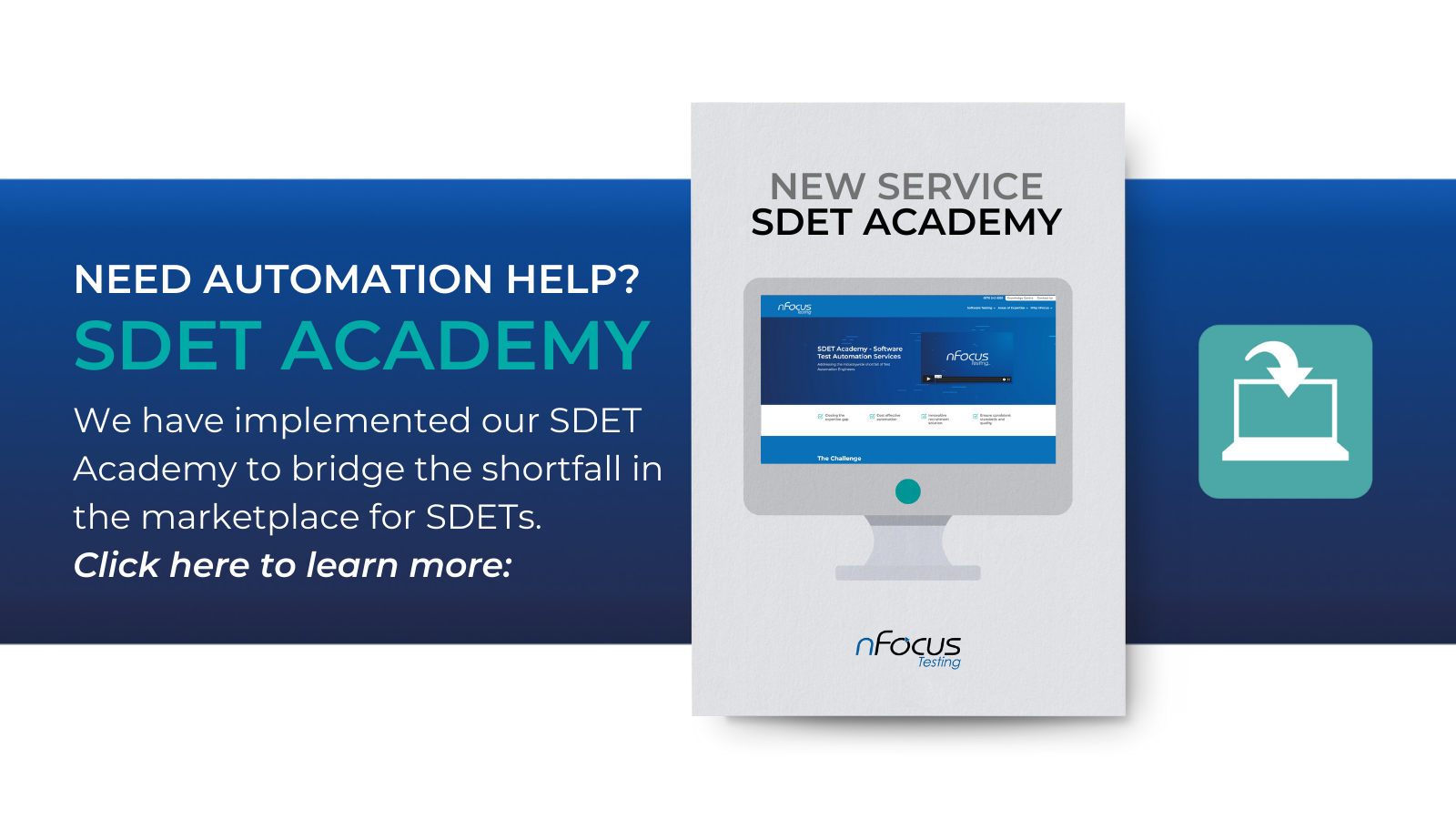Supporting Business Objectives
You’ll be fully aware that digital transformation is at the top of every IT Directors list of things to do. Companies today are facing a couple of big challenges, staying ahead and on top of new technologies and at the same time providing outstanding customer experience. To be clear, digital transformation is the process of using new or modified business processes and customer experiences to meet changing business and market requirements by use of new and advanced technology.

In the modern digital world, end users expect a high quality and faultless digital customer experience. The overall aim for companies is to ensure a truly consistent and excellent experience across all channels without failure. Applications need to be made available in every category of devices which include, phones, tablets, notebooks and wearables and all devices should provide a seamless customer experience based on real user behaviour.
When embarking on a digital transformation project, you would expect to use the best quality and assurance practices that will help your organisation to enable devices, applications, Web and mobile platforms to interact smoothly within their environment. This will not only lead to total customer engagement but assures the user that the system and data are also secure.
Following a comprehensive set of guidelines will produce beneficial results and the same applies to Quality Assurance. Creating a digital assurance framework that will be followed time and time again will bring predictable results. These guidelines may include the common test tool used, coding standards and predicted outcomes.
Those of you already working in the testing arena will know that digital assurance frameworks are an essential part of any successful testing process. Not only can they reduce costs and testing efforts but will provide a greater return on investment for testing teams whether they are working in agile or waterfall projects.
Using a framework for assuring quality will increase the team’s ability to deliver more for less and, improve the predictability of the test outcome whilst lowering the risk. Additionally, time to market will be decreased leading to reduced test cycles and less testing costs.
Digital assurance involves comprehensive testing across digital. The digital assurance framework involves domain expertise, and value-added elements such as reusable test assets, testing tools, and where possible testing accelerators.
The framework needs to be continually aligned with the efficiency improvement and user experience improvement goals of the digitisation program. The assurance framework should also be extremely agile to cater to shorter development cycles and the need to provide new features, faster.
Having proper digital quality assurance in place requires organisations to have access to established checklists, frameworks, processes, test assets and proven methodologies for ensuring effective and efficient validations of all text, images, and videos across multiple devices. Any applications under test must be thoroughly validated for User Experience and cover all aspects including, accessibility, usability, content and navigation.
Additionally, the digital assurance solutions being implemented must exceed the functional validation of Social, Mobile, Analytics, and Cloud stack (SMAC) and include interoperability, network capability, performance, and security aspects whilst performing and implementing practices such as test automation, performance, functional and non-functional testing, continuous testing and deployment and keeping in view the customer experience are a few more critical practices for implementing digital assurance in your organisation.
Digital assurance will of course need a strategy to succeed, the strategy will aim to fully leverage the possibilities and opportunities of new technologies. Digital assurance combines the integration of digital technology into every areas of a business, significantly changing how your company operates and delivers value to customers. Whilst it is a common fact that over 80% of organisations don’t fully have a specific digital test strategy in place and the core reason for this is that the original test team is being utilised to test both existing and digital applications along with using the same tools and approach as they did years before. Reviewing and validating your testing is the first step in making that change to digital.
Organisations across the world are rapidly adopting digitisation testing techniques to help improve customer experience and operational processes, and thus in turn transform their business model in order to sustain and grow their business. A sound quality assurance framework that will factor in all quality aspects, enabled by best practice tools, methodologies and frameworks, is vital to the success of the digitisation programme. While organisations usually find it a challenge to confront this digital transformation, they need to understand that this is the future. Utilising the digital assurance and testing solutions provided by nFocus Testing can help in accelerating your Digital Transformation process.








.png)
